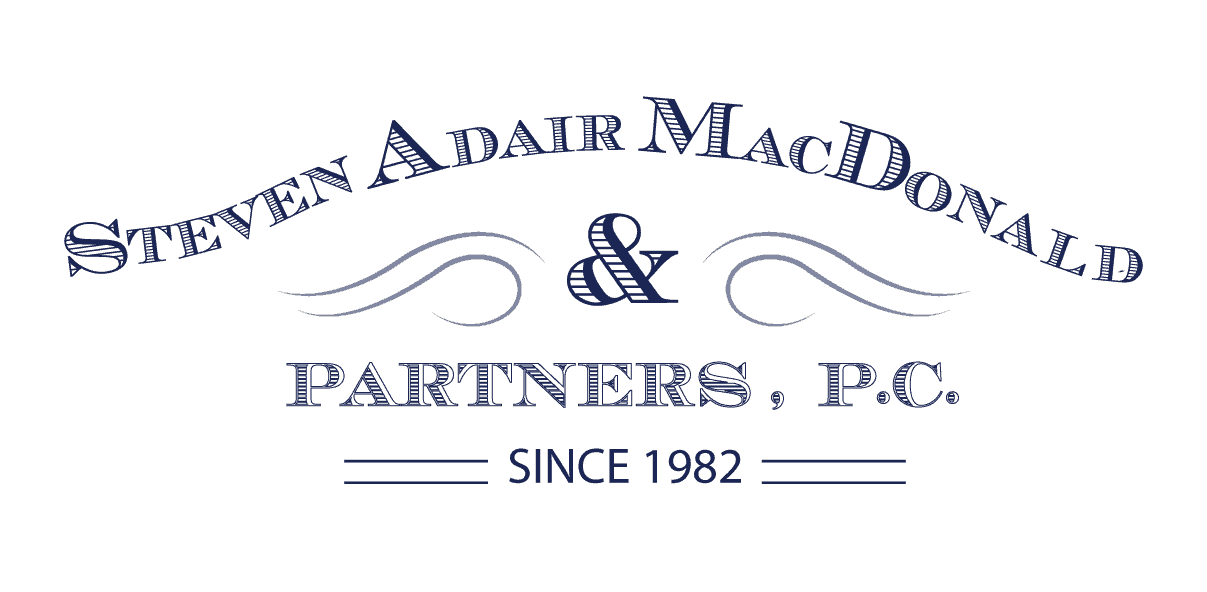
The Benefits of Having a Tenant Lawyer on Your Side…

In the vibrant city of San Francisco, being a landlord goes beyond owning property – it involves mastering the “essential lease agreement terms for San Francisco landlords”. Navigating property management in this city, with its unique housing landscape, can be quite a task. A well-crafted lease agreement, however, can pave the way for smoother interactions and improved tenant satisfaction. But what does a solid lease agreement cover?
We’re here to assist you in exploring this critical topic. This guide will shine a light on the most important terms to incorporate in your lease agreements. Eager to fortify your landlord-tenant relationships and streamline your property management? Read on, and don’t hesitate to contact Steven Adair MacDonald & Partners for personalized legal guidance tailored to your needs. Let’s set the ball rolling.
A lease agreement is a legally binding contract between a landlord and tenant that outlines the terms and conditions of renting a residential or commercial property. This document serves as the foundation of the landlord-tenant relationship in San Francisco, providing clear guidance on rights, responsibilities, and expectations for both parties involved.
Specifically, an effective lease agreement in San Francisco often includes the following:
San Francisco has specific rules and regulations that need to be considered in lease agreements, due to its unique rental landscape. For instance, many properties in the city are subject to rent control ordinances, which place restrictions on how much a landlord can increase rent each year. A well-constructed lease agreement ensures that landlords and tenants are in compliance with these local regulations.
Ultimately, a lease agreement serves as a roadmap for a successful rental relationship in San Francisco, offering protection and clarity to both landlords and tenants. It’s an indispensable tool in the world of property management.
When drafting a lease agreement in San Francisco, there are a number of terms and clauses that should be considered to safeguard both landlords and tenants. Each lease agreement may vary, but here are some common terms that are often included:
Remember, it’s important for San Francisco landlords to have lease agreements reviewed by a professional to ensure they meet all local regulations and provide the necessary protection for all parties. Whether you’re drafting a new lease agreement or reviewing an existing one, the legal team at Steven Adair MacDonald & Partners is here to assist. We can help you navigate these complex terms, ensuring a seamless and secure landlord-tenant relationship. Don’t hesitate to reach out to us today for more personalized guidance.
Lease agreements in San Francisco can be broadly categorized into two types: residential and commercial. Although these two types share common features, each carries unique elements relevant to their respective environments.
Residential lease agreements are the backbone of rental arrangements for dwellings such as houses, apartments, and condos. Given San Francisco’s stringent rent control policies, these agreements must be drafted with an acute awareness of local ordinances. Important facets of a residential lease agreement include:
For residential leases, it’s important to note that generic, off-the-shelf agreements may fail to address the specific regulations of San Francisco’s rent control ordinances, leading to potentially costly legal issues down the line.
Commercial lease agreements are used for business spaces like offices, retail stores, and industrial sites. They often involve a more complex set of terms to cater to the complexities of commercial operations:
Commercial leases can comprise multiple documents, making it crucial to review them thoroughly before signing to ensure risks are adequately shared between landlord and tenant.
For both residential and commercial leases, reaching out to legal services like Steven Adair MacDonald & Partners ensures you navigate the complexities of San Francisco’s rental landscape confidently and legally.
While the terms “lease agreement” and “rental agreement” are often used interchangeably in casual conversation, they represent distinct legal contracts in the context of property rental. Both establish a legal relationship between a landlord and a tenant and define the terms of a property rental, but they differ primarily in the duration of the agreement and how they are renewed.
A lease agreement is typically a fixed-term contract, usually spanning six months, a year, or even longer. During this period, the tenant agrees to rent the property from the landlord, and both parties are bound to the terms specified in the agreement. The conditions, such as the amount of rent and the rules for the property, remain constant for the duration of the lease.
On the other hand, a rental agreement is typically a month-to-month contract. At the end of each monthly period, the agreement automatically renews unless the landlord or tenant provides notice to terminate it.
In both lease and rental agreements, it’s crucial that landlords and tenants understand their rights and responsibilities under local and state laws. If you’re unsure, legal services like Steven Adair MacDonald & Partners can provide legal guidance to navigate these complexities in San Francisco’s rental market.
Navigating through the maze of San Francisco lease agreements doesn’t have to be an overwhelming task. At Steven Adair MacDonald & Partners, we’re here to turn complex legalese into clear, easy-to-understand terms.
We’re not just about lease agreements. Our team also offers a wide range of real estate services, including handling lease disputes, guiding through the eviction process, conducting thorough tenant background screenings, and many more.
Whether you’re a landlord in need of a legally strong lease agreement, or a tenant seeking to better understand your rights, we’re ready to assist. Contact us today, and experience a stress-free leasing journey in San Francisco.
There are two sides to every story —
let yours be heard.
Steven Adair MacDonald & Partners, PC
870 Market Street
Suite 500
San Francisco, California 94102
United States
(415) 956-8698
Copyright © 2024 Steven Adair MacDonald & Partners, PC - All Rights Reserved. | Powered by Advantage Attorney Marketing & Cloud Solutions